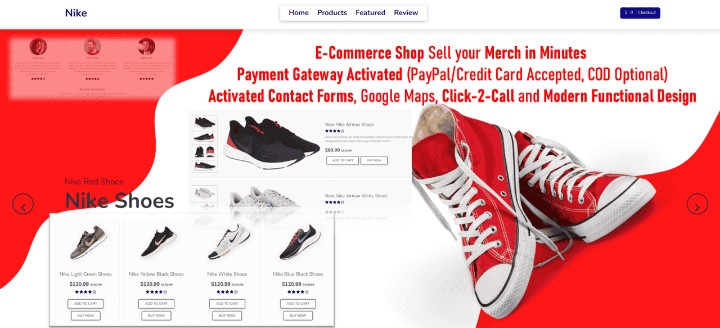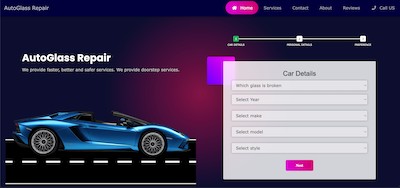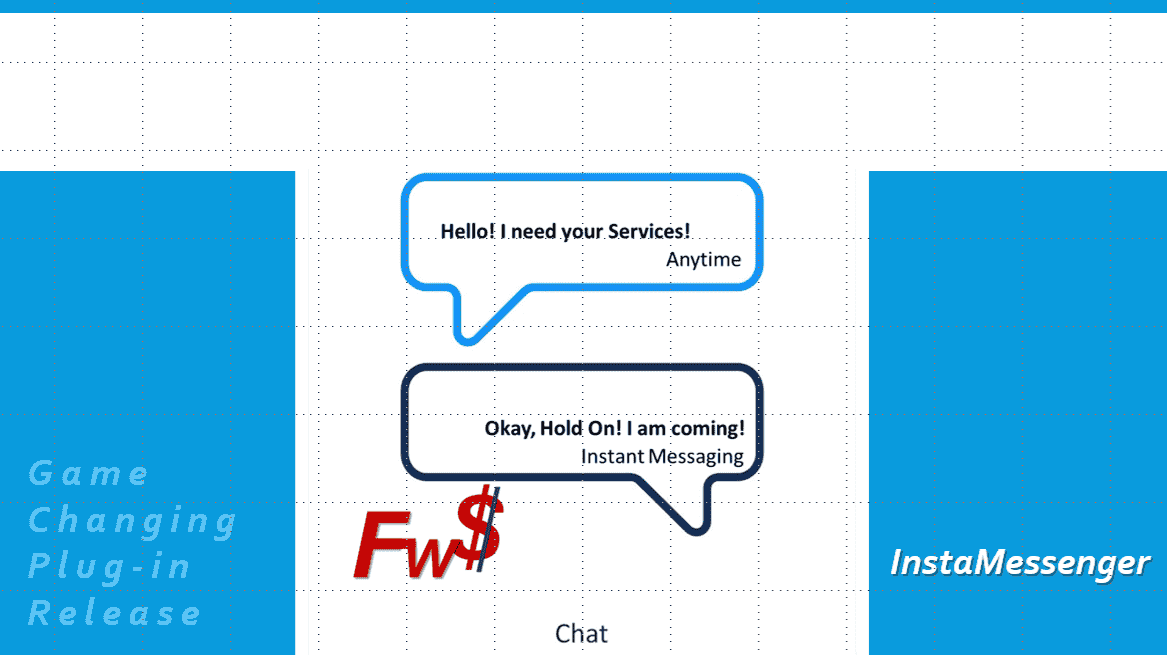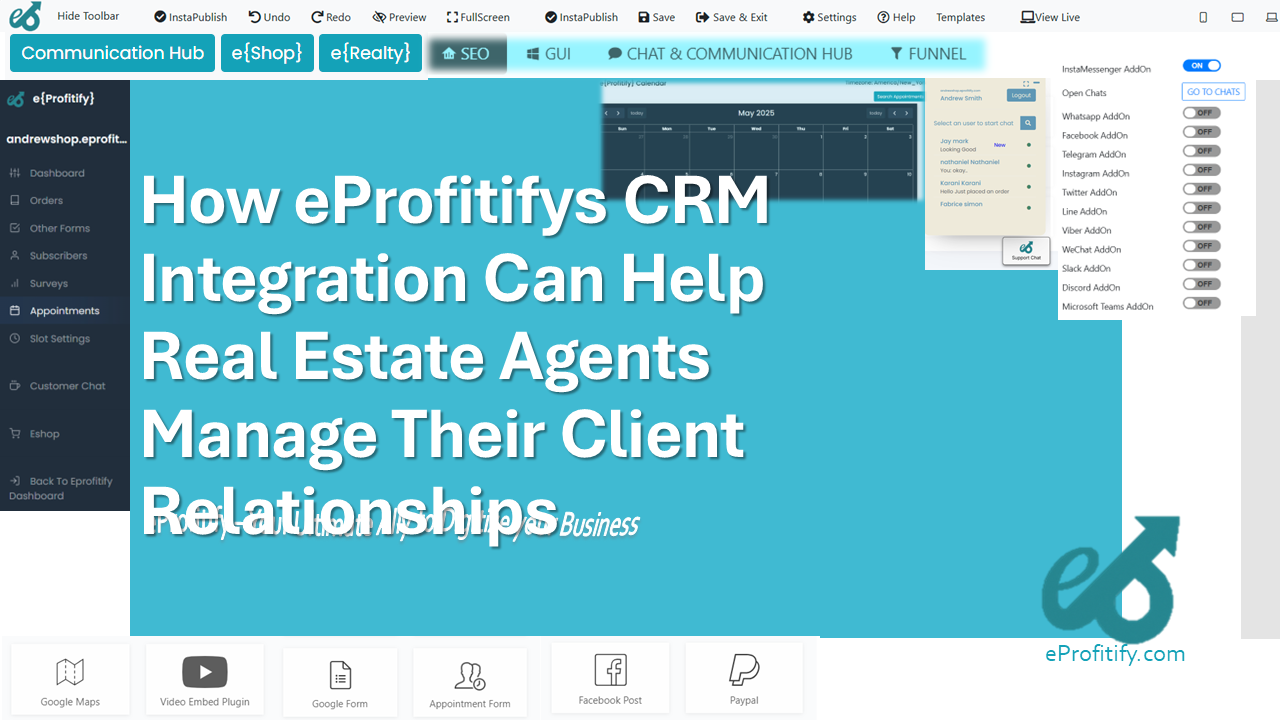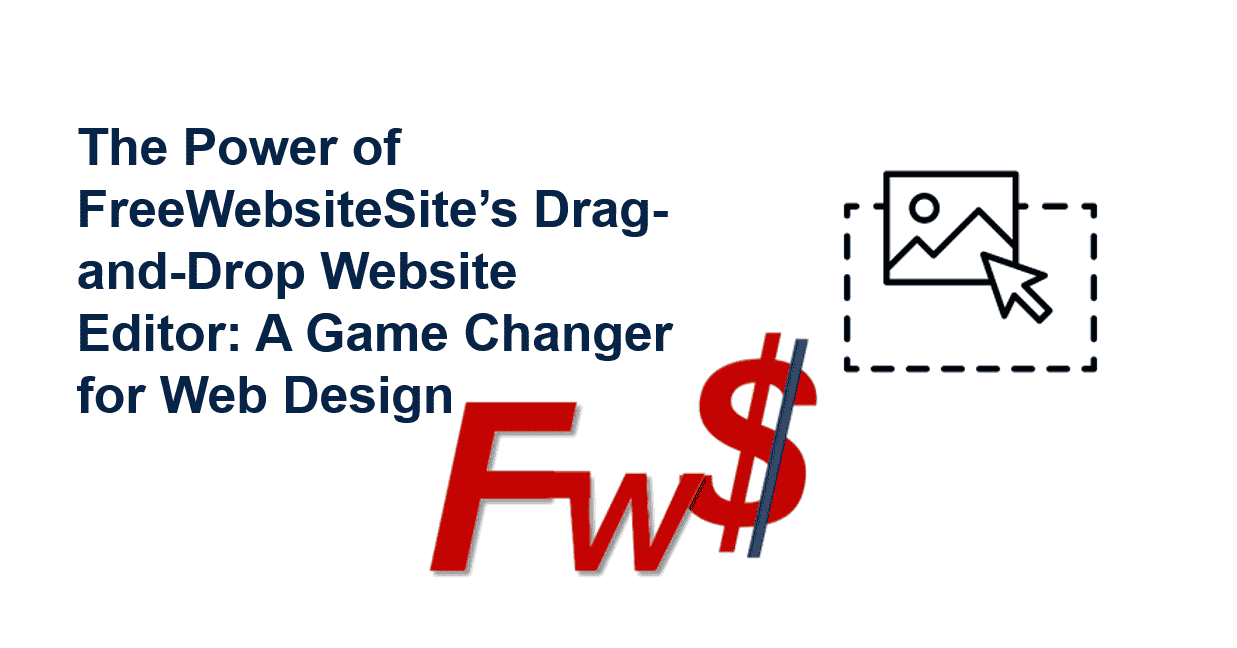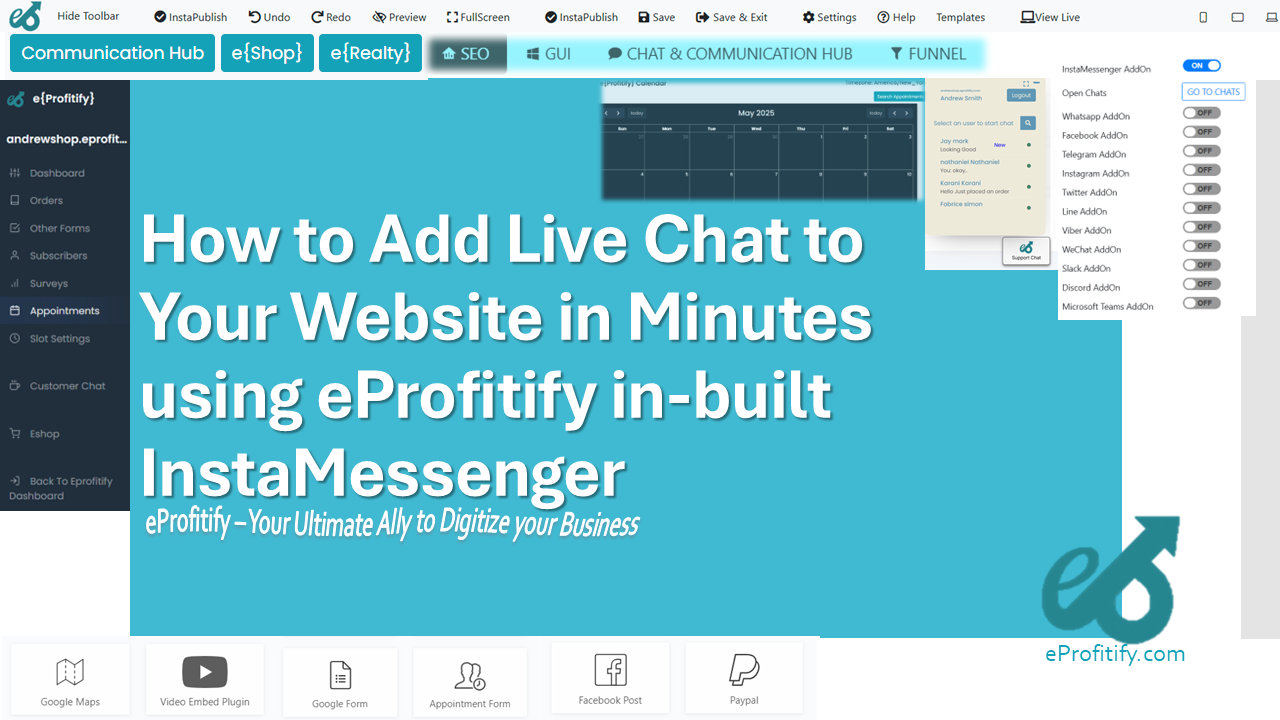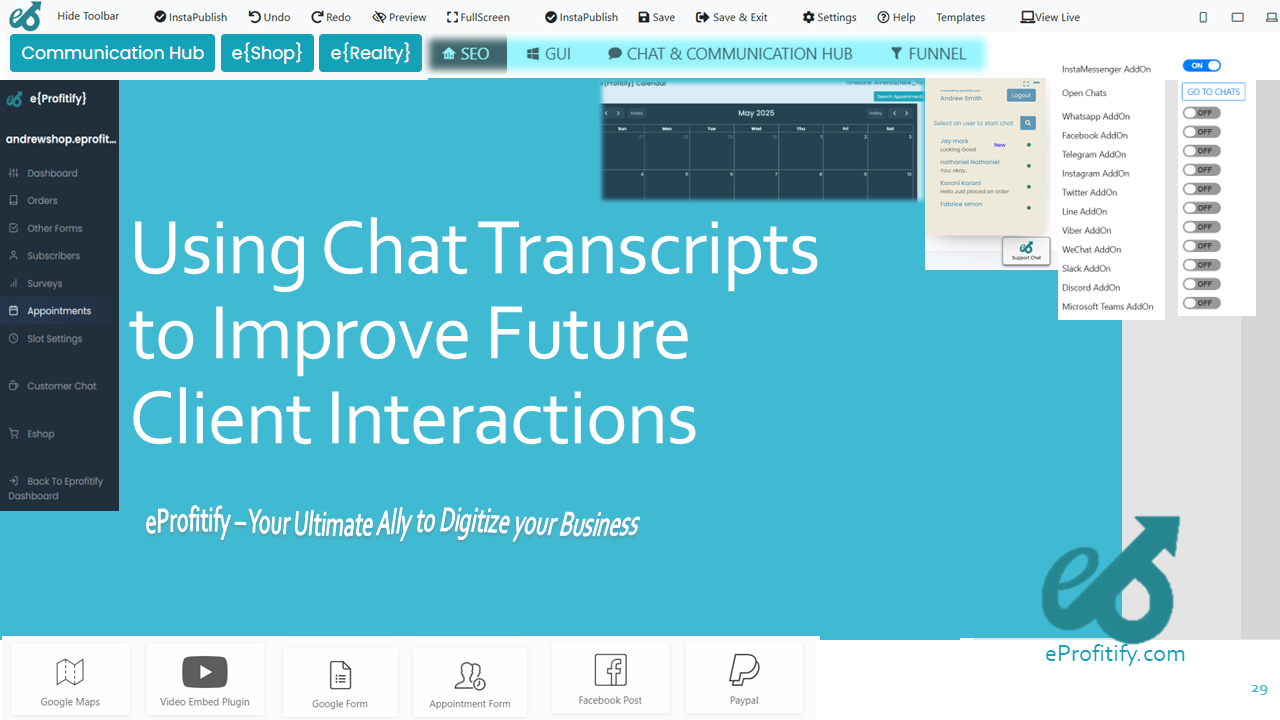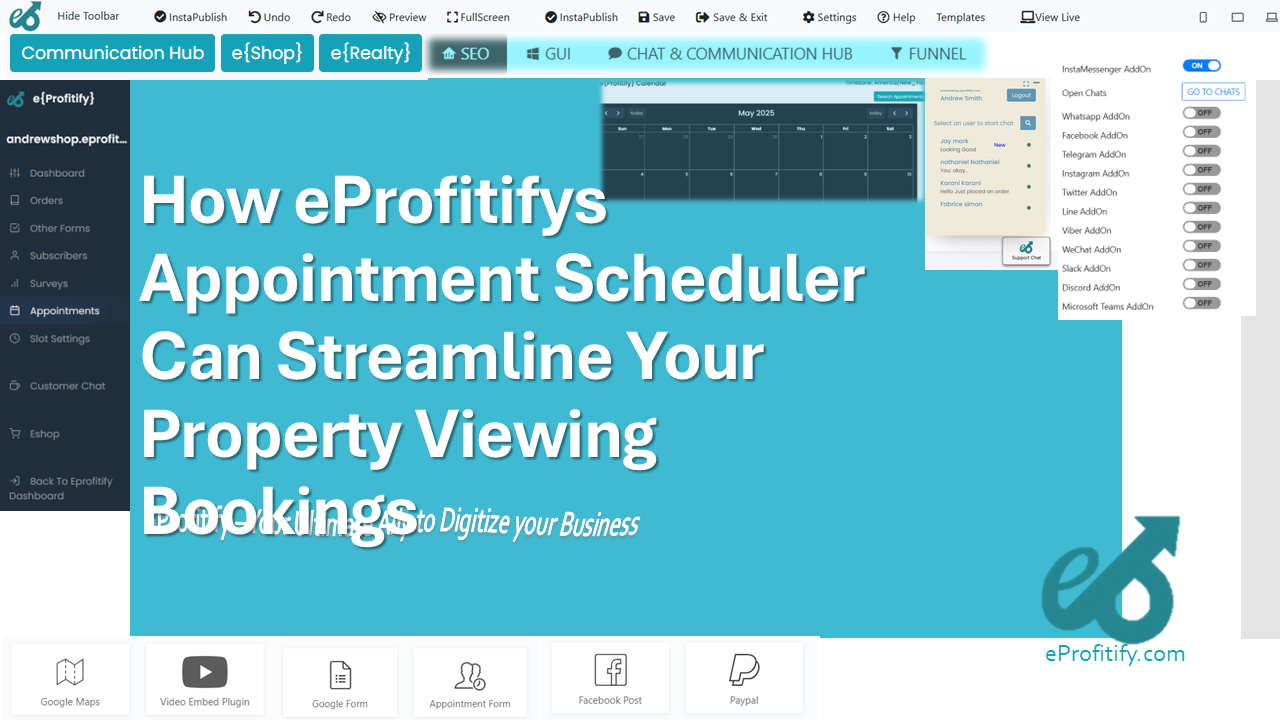Mississippi Web Design Professionals Reviewed - Is DIY with eProfitify the Future
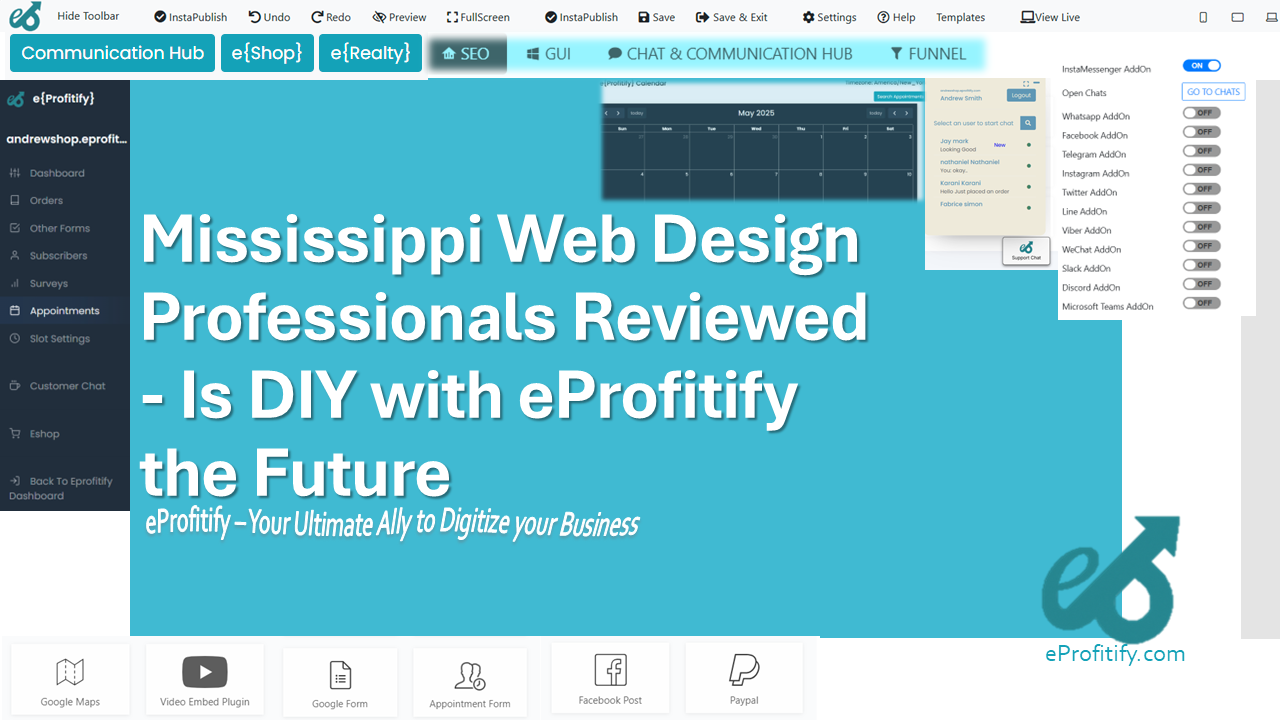
Schedule a LIVE Zoom call with an eProfitify Expert.
Mississippi Web Design Professionals Reviewed: Is DIY with eProfitify the Future?
In today’s digital-first economy, a compelling online presence is non-negotiable for businesses. Mississippi, with its thriving small business community, is no exception. From bustling stores in Jackson to coastal ventures in Gulfport, companies are increasingly prioritizing websites as critical tools for growth. Yet, as the demand for web design grows, a pivotal question arises: Should businesses hire professional designers or embrace DIY platforms like eProfitify? This article explores Mississippi’s web design landscape, evaluates the rise of DIY solutions, and examines whether tools like eProfitify—equipped with instant messaging, CRM, ecommerce, and more—are shaping the future.
The State of Web Design in Mississippi
Mississippi’s economy is heavily driven by small businesses, which account for 99.3% of all state enterprises (U.S. Small Business Administration, 2023). However, a 2022 survey by the Mississippi Development Authority revealed that only 54% of small businesses have a functional website, lagging behind the national average of 64%. This gap highlights untapped opportunities in digital adoption, particularly as 88% of consumers research products online before purchasing (BrightLocal).
Professional web designers in Mississippi play a vital role in bridging this gap. Local firms like Jackson Interactive and Oxford Web Co. specialize in custom solutions, offering tailored designs that reflect brand identity. But with costs ranging from $2,000 to $15,000 per project, many small businesses—especially startups and solopreneurs—seek affordable alternatives.
The Rise of DIY Web Design Platforms
DIY website builders have surged in popularity globally, with the market projected to grow at a 7.2% CAGR through 2030 (Grand View Research). These platforms democratize web design, enabling users without technical expertise to create sites quickly. Tools like Wix and Squarespace dominate nationally, but Mississippi businesses are increasingly turning to specialized solutions like eProfitify for feature-rich, cost-effective alternatives.
eProfitify distinguishes itself by merging simplicity with enterprise-level tools. Unlike generic builders, it caters specifically to businesses needing multifunctional sites. Its rise aligns with trends: 35% of U.S. small businesses now use DIY platforms (Forbes), citing cost savings (up to 70% compared to hiring professionals) and faster launch times (sites built in days vs. months).
eProfitify: A Leader in All-in-One Web Solutions
eProfitify positions itself as more than a website builder—it’s a comprehensive digital management hub. Key features include:
- Instant Messaging & Live Chat: Facilitates real-time customer engagement, critical for converting visitors.
- Appointment Management: Ideal for service-based businesses (e.g., salons, clinics) to automate bookings.
- Ecommerce Integration: Supports product listings, payments, and inventory tracking without third-party plugins.
- CRM Tools: Centralizes customer data, tracks interactions, and manages follow-ups to boost retention.
- SEO & Analytics: Built-in optimization and traffic insights to improve visibility.
For Mississippi businesses, these tools streamline operations. A Biloxi boutique, for example, used eProfitify to integrate its online store with local pickup options, increasing sales by 40% in three months. Similarly, a Ridgeland consultancy leveraged its CRM to automate client onboarding, saving 10+ hours weekly.
DIY vs. Professionals: Weighing the Pros and Cons
While DIY platforms empower businesses, professional designers still hold advantages:
| Factor | DIY (eProfitify) | Professional Designers |
|---|---|---|
| Cost | $20–$100/month | $2,000–$15,000+ upfront |
| Customization | Template-based, limited | Fully bespoke designs |
| Time | Days to launch | Weeks to months |
| Technical Support | 24/7 chatbots and tutorials | Personalized assistance |
DIY excels in affordability and speed but may lack uniqueness. Conversely, professionals deliver tailored experiences but at a premium. For many Mississippi businesses, hybrid approaches are emerging—using DIY tools for initial launches and hiring professionals for complex upgrades.
The DIY Shift: Statistics & Implications
- 60% of DIY users report satisfaction with their platform’s ease of use (Clutch.co).
- Ecommerce adoption via DIY tools grew by 300% in the U.S. since 2020 (Statista).
- 72% of consumers expect immediate responses via live chat—a feature eProfitify seamlessly integrates (HubSpot).
These stats underscore a paradigm shift. Platforms like eProfitify reduce reliance on developers for routine updates, allowing businesses to adapt swiftly to market changes. For Mississippi’s cost-conscious entrepreneurs, this agility is invaluable.
The Future of Web Design in Mississippi
The trajectory points toward a blended future. While complex industries (e.g., healthcare, finance) may still require professional input, most small businesses will lean on DIY tools for their scalability and affordability. eProfitify’s innovation in bundling CRM, ecommerce, and communication tools positions it as a leader in this transition.
As AI-driven design automation advances, platforms could further minimize the need for coding skills. However, human designers will retain relevance in strategy and creativity. For now, Mississippi businesses gain the most by assessing their unique needs: a boutique might thrive with eProfitify, while a regional tourism board could invest in custom development.
Conclusion
Mississippi’s web design landscape is evolving rapidly. DIY platforms like eProfitify are reshaping accessibility, offering powerful tools that rival professional services. With features spanning CRM to instant messaging, eProfitify exemplifies the future of integrated web management. Yet, professionals remain essential for high-stakes projects. The verdict? DIY is not a replacement but a transformative force—empowering Mississippi’s businesses to compete digitally without breaking the bank. As technology advances, embracing tools like eProfitify may well be the key to thriving in an ever-connected world.
